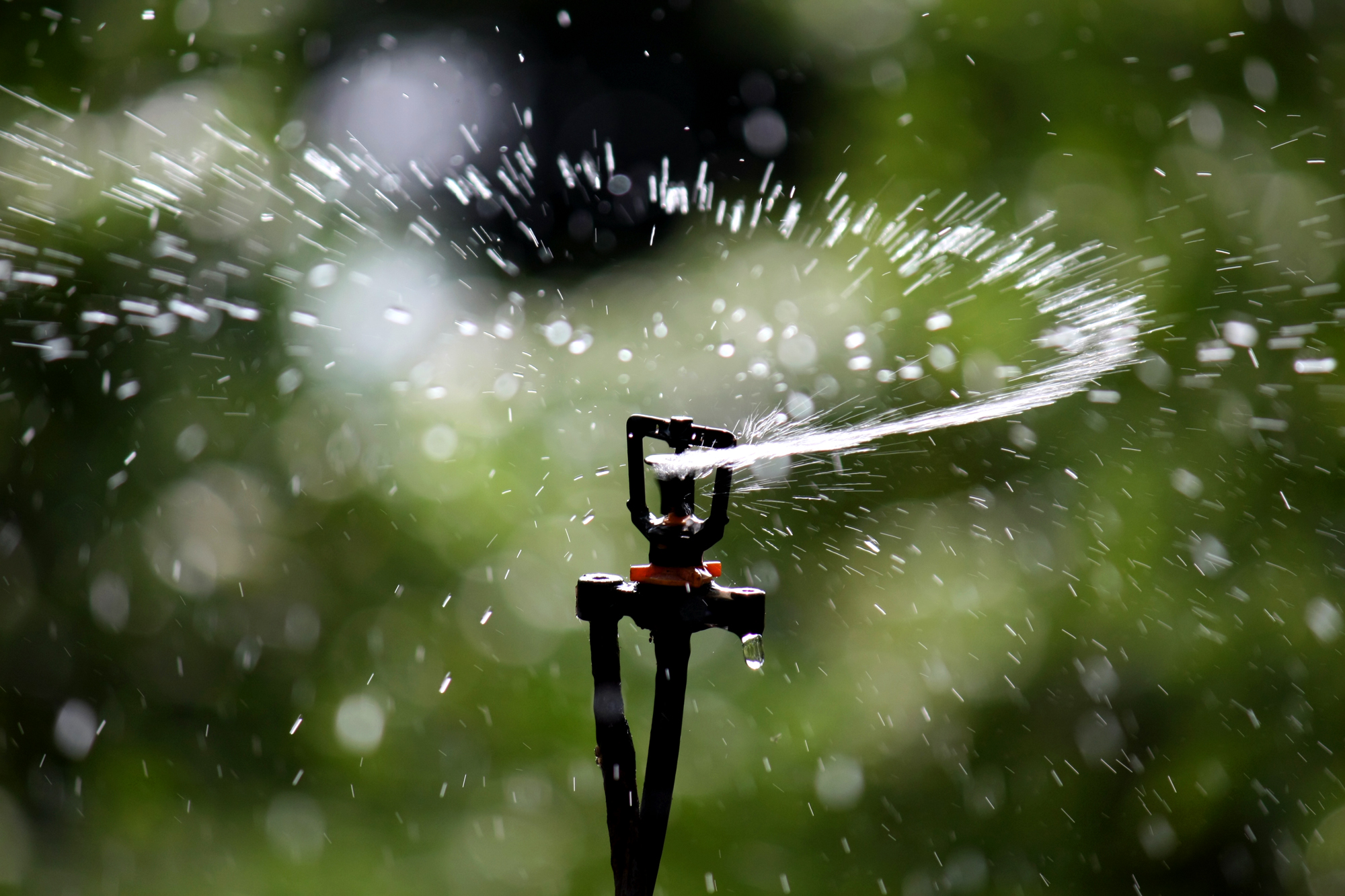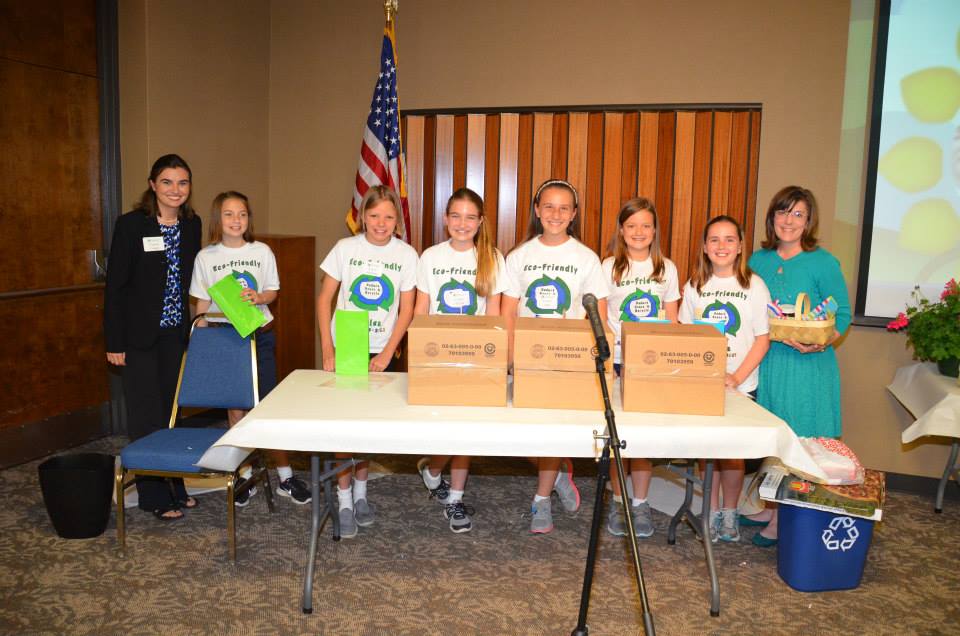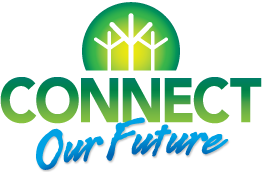Water conservation education focuses on what users can do to reduce water consumption and reduce impact on water supplies. Programs focus on educating people on the importance of water conservation and implementing strategies for residents and businesses to reduce daily water use.
Why is this important to your community?
The distribution of water resources in the CONNECT region is uneven and unrelated to population distribution or job center locations. Efforts to balance water supply and demand in the region are greatly affected by population density and distribution, frequency of rainfall, water pollution, and water use patterns. Climate change is also believed to have exacerbated water supply issues, producing instances of more severe drought in the region over the past two decades.
In response to these issues, communities can act by creating water management plans that include a focus on conservation. Appropriate planning includes investigating ways to increase supply of water while simultaneously reducing consumption so that our current supplies are available for longer. Reducing water consumption depends upon changing consumer habits, through a variety of means that can include regulatory intervention (such as conservation pricing, usage restrictions, etc.) and education.
Where is it appropriate to use?
- Residences
- Businesses
What priorities does it address?
What other tools are related?
How does it work?
Instituting a water conservation strategy typically involves working within local government and through providers to reduce water consumption as well as encourage conservation behaviors of consumers, including residents and businesses. Creating water conservation programs in North and South Carolina is completely voluntary and few cities and regions have created robust programs aimed at conservation. The CONNECT region has experienced drought conditions in recent years that have required the implementation of drought response practices such as reducing irrigation times and encouraging fewer flushes and shorter showers. These types of practices are components of water conservation education programs.
Water conservation programs typically include the preparation of materials and resources about both the need for and practices that reduce water waste at home. Elements include the installation of new technologies in the home such as low-flush toilets, low-flow showerheads, and faucet aerators and fixing water leaks promptly. Additionally, programs encourage fewer flushes, shorter showers, and doing fewer loads of laundry. Outside, homeowners are encouraged to reduce irrigation of lawns, restricting watering to night hours when the rate of evaporation is lower, to engage in rain harvesting through rain barrel use and to reuse waste water for use onsite for irrigation or for washing cars. Many programs also involve directed outreach for youth in schools to educate children at an early age about the importance of water conservation and ways they can reduce water use and programs for adults about managing a water efficient home. Sponsoring municipalities typically lead by example by rolling out conservation practices in internal operations.
Ready to get started?
Using the Tool
- Determine if municipality, county or region has a Water Conservation Education plan or other type of water management place in place and review its programs and recommendations.
- If no public program in in place, determine if a regional planning group, nonprofit, or consortium has been established with the purpose of water conservation education.
- If no water supply program has been established, assemble a committee made up of appropriate staff, localresidents, community groups, environmental groups, teachers and elected or appointed officials to guide the development of a water quality education program.
- Review best management practices for water conservation programs through the U.S. EPA and national resources.
- Work with the county, municipalities, educators, utility providers, and conservation non-profits (if any) to explore potential programs for encouraging reduced water consumption such as incentives for reduced water usage, installation of water-efficient appliances, and rainwater harvesting.
- Implement a public education program with brochures available at public buildings and online supplemented by a social media campaign to encourage water conservation. Host events, competitions and attend local farmers markets and fairs with information about the program.
- Create a partnership with schools to administer programs about water conservation in both public and private K-12 schools.
- Work with public agencies and municipal departments to lead by example by implementing water conservation practices in daily operations.
Partners
- Advocacy Groups
- Businesses / Business Associations
- Faith-Based Organizations
Where has it worked?
Water Conservation Program - Raleigh, NC
 Image Source: Anton Croos. Source License: CC BY-SA 4.0.
Image Source: Anton Croos. Source License: CC BY-SA 4.0.
Contact
Edward Buchan, Environmental Coordinator
919-996-3471
edward.buchan@raleighnc.govAbout the Program
Realizing its susceptibility to drought conditions, the City of Raleigh instituted a Water Conservation Program aimed at reducing water consumption among its business and residential consumers. The program is housed in the Public Utilities Department of the City, which puts out a quarterly newsletter designed to educate citizens regarding water conservation and efficiency and update the public on the City’s water supply planning program.
Why it works
The City of Raleigh’s water conservation program was established as part of an overarching sustainability framework set forth by the City’s Office of Sustainability, founded in 2008. The sustainability agenda includes environmental stewardship, social equity, and economic strength. Water conservation falls under the umbrella of environmental stewardship, along with environmental management, pollution prevention, land conservation, and waste management. As a City department, the Office of Sustainability has the ability to work with multiple departments and set a holistic framework for the furthering of water conservation initiatives. Though the water conservation program is led by the Public Utilities Department, several departments have instituted programs to reduce water consumption in their operations. Several of these actions include:
- Adopted tiered water rates designed to reward conservation.
- Installed rain barrels at municipal buildings including fire stations to use for apparatus washing and maintenance.
- Converted traditional irrigation beltline systems into drip irrigation systems for improved water efficiency, promoted the use of captured rain water for irrigation purposes, and converted City-maintained landscaping to drought-tolerant landscaping materials to reduce water need and maintenance costs.
- Competing reclaimed water distribution systems in several service areas, providing an environmentally responsible alternative to the utilization of potable water for non-potable uses.
- Held WaterFest, a three-day festival for school children kindergarten through eighth grades focusing on environmental education and water conservation.
The second element of the water conservation program is public education. The Public Utilities Department maintains a website and issues a newsletter including Water Conservation tips for use in the home. The tips encourage the installation of water efficient fixtures in the home and behavioral changes that can be implemented to reduce consumption. Metrics are put online to illustrate the difference between traditional appliances and high-efficiency appliances. The City even offers free high-efficiency showerheads when consumers exchange old showerheads. The website includes tips for outdoor behavioral changes as well including irrigation tips and guides for rainwater harvesting and bulk water reuse. Since the implementation of these programs the City has seen a decline in overall irrigation use and previously-mandated irrigation restriction days and times were rescinded. The City also has a Water Shortage Response Plan (WSRP) in place to react quickly to drought conditions through the five conservation stages. During these times, water customers are requested to keep their consumption under a certain water usage per day.
http://www.raleighnc.gov/home/content/PubUtilAdmin/Articles/WaterConservationAndEfficiency.html
Richland Soil and Water Conservation District - Richland County, SC
 Image Source: Richland Soil and Water Conservation District.
Image Source: Richland Soil and Water Conservation District.
Contact
p: (803) 576-2080
soilandwater@rcgov.usAbout the Program
The Richland Soil and Water Conservation District (SWCD) works to conserve the natural resources of Richland County by providing landowner education and technical assistance, supporting local and sustainable agriculture, strengthening the Midlands local food system, and engaging K-12 teachers and students in conservation through environmental education. The origin of the organization began with President Franklin D. Roosevelt’s legislation enacting local governments to establish soil conservation districts to preserve agricultural land. In1965, these were redesignated as Soil and Water Conservation Districts, and the Richland SWCD, which had previously been joined with Calhoun and Lexington Counties from its foundation in 1939, took its current name. Today, the SWCD is a political subdivision of state government under the local direction of a five-member board. The District oversees several programs aimed at promoting natural resources conservation, equitable food access, and youth education.
Why it works
The Richland Soil and Water Conservation District (SWCD) works because it is an organization established with the sole purpose of ensuring the ongoing sustainability of the natural resources of the county. The dedicated staff and board manages a full calendar of workshops on topics of natural resources conservation including water conservation. Topics focused on water conservation include Irrigation and Water Management, which share best practices about irrigation and understanding water regulations. The Youth Education program has several opportunities to communicate the importance of resource conservation to the younger population. The District sponsors a poster contest and an Environthon. Additionally the District offers mini-grants to schools of Richland County for campus conservation projects and youth environmental education initiatives. The District also works with the local Eagle Scouts chapter, providing awards for candidates demonstrating exemplary resource conservation or education initiatives. District staff works directly with County schools to provide education about water conservation and other topics though the Green Steps Schools program. Finally, the District has a wealth of brochures and information on their website that distributes information about various forms of conservation and encourages youth involvement. The District offers programs and education for both youth and adults that illustrate the full spectrum of resource conservation. While these programs are not regulatory in nature, they helps residents to understand the role of natural systems in a healthy environment and economy and create behavior changes aimed at conservation.
http://www.richlandonline.com/Government/Departments/Conservation/SoilWaterConservationDistrict.aspx
- Businesses / Business Associations
- Businesses


